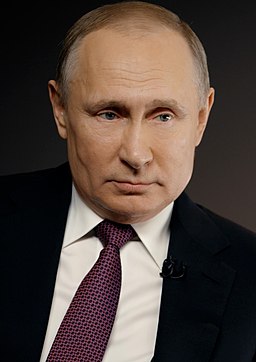Change language:
EUR 1.80/litre for petrol to soon become reality in Hungary – is this Putin’s revenge?

Fuel prices have risen significantly recently, although last Friday was an exception as the average price of petrol remained unchanged at HUF 660 (EUR 1.70) per litre, while the wholesale price of diesel fell by HUF 3 gross to HUF 681 (EUR 1.75).
The short-term recovery is unlikely to be a long-term trend reversal, however, as international developments predict further price increases, Portfolio reports on the background to the current price rise.
It is hard to predict when, but according to the forecasts, the price of diesel could soon reach HUF 700 (EUR 1.80), according to Eszter Bujdos, CEO of Holtankoljak.hu.
The global market situation is pointing towards price increases

Photo: Google Street View
There are several reasons for the continuing price increase. Firstly, the production restrictions of Russia and Saudi Arabia have been extended until the end of the year. Another problem is that there has been a transitional shortage of gasoil in Europe because several refineries have been carrying out necessary maintenance at the same time every five years, Eszter Bujdos added. The manager pointed out that demand for diesel has also increased in Hungary due to agricultural work, but there is no supply problem.
As we reported earlier, prices have also risen significantly in Hungary recently, and there are several components to this. Partly due to insufficient refinery capacity and tight markets, but also geopolitical tensions and high raw material costs have played a role. Diesel prices are rising rapidly and retail prices are breaking records, but the picture needs to be nuanced: last year, we saw similar trends in the markets.
Are high prices Putin’s revenge?
Meanwhile, the European Union halted imports of Russian fuel by sea earlier this year because of sanctions but still needs Russian supplies on global markets to keep prices stable. Index wrote that Russia has imposed a temporary export ban on gasoline and diesel to all but four former Soviet states to stabilise its market. This could be a response to Western sanctions.

Moscow’s current measures are expected to lead to a possible rise in inflation on the continent, as Russia and Saudi Arabia have previously announced that they will cut oil production, which had an immediate impact. Global fuel hunger, fears of recession and Saudi and Russian production cuts have pushed Brent crude oil prices above USD 90 per barrel. The global Brent benchmark price has risen 30% since its low at the end of June.
In its latest report, the International Energy Agency (IEA) said diesel consumption will increase by about 100,000 barrels per day this year. This compares to 500,000 barrels per day for gasoline and more than one million barrels for aviation fuel and paraffin. Diesel is an essential fuel for industry and transport, and a drop in supplies could affect the whole economy by reducing production and transport.
Fuel tourism launched on the Czech-Polish border
Oil prices have not increased everywhere in the region. For instance, at Polish petrol stations, they have actually decreased. Although global oil prices have increased by more than 10% in a few weeks, the price of 95-litre petrol in Poland has gone down by 8% from PLN 6.70 (HUF 570) to PLN 6.10 (HUF 520) between September 6 and 20. On the other hand, in the Czech Republic, it has increased by CZK 1.5 to CZK 41.25 (HUF 660). According to analysts, artificially low fuel prices have reduced inflation in Poland by 1.6%, bringing the year-on-year figure for October down to 7%.








You will find most of Europe has been paying in excess of EUR 2 a litre for 95 RON a while …